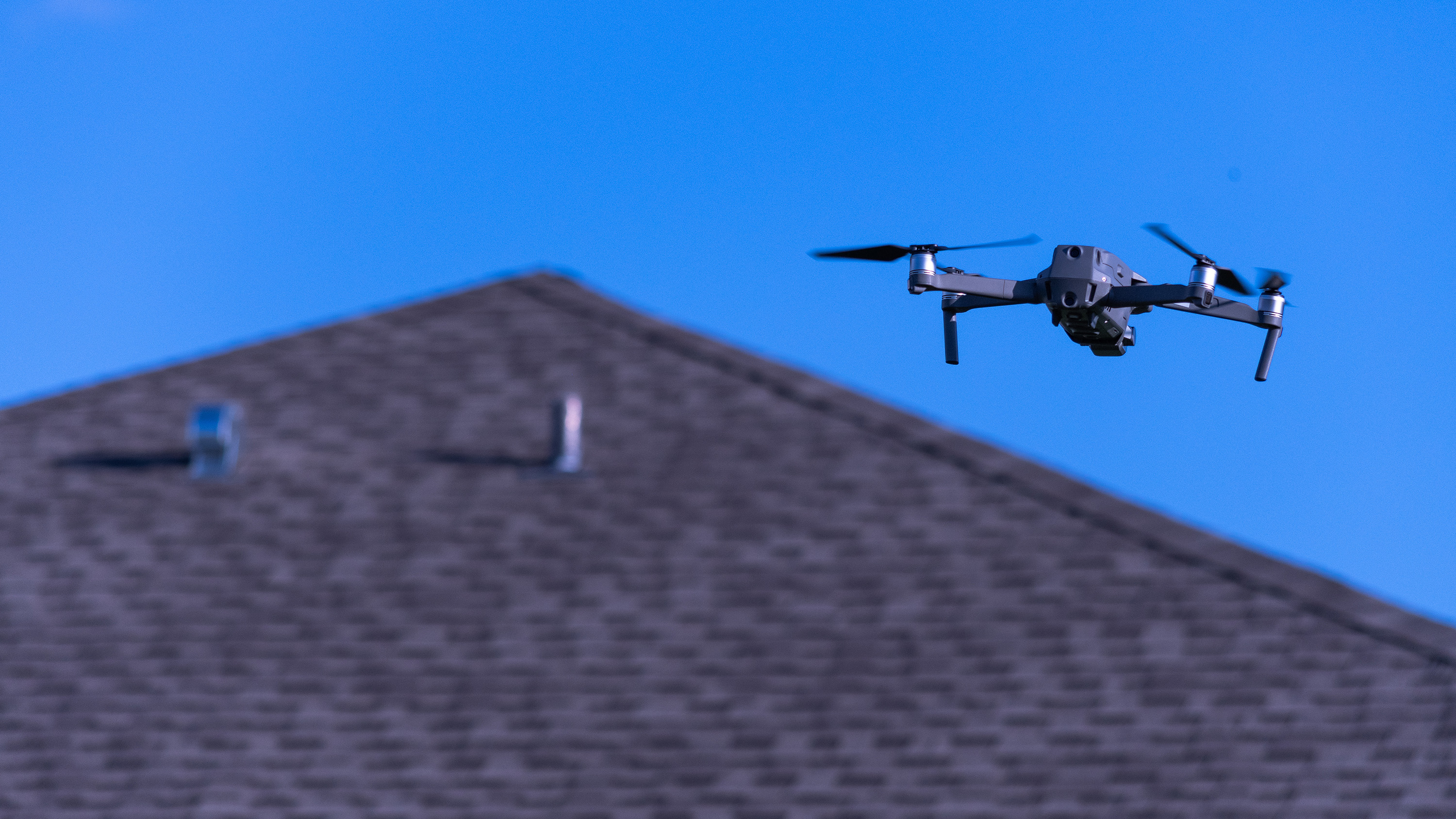Cool it! Tips to prevent your camera overheating in summer
Here's how to stop your camera overheating so you can shoot in the sunshine and capture those summer vibes
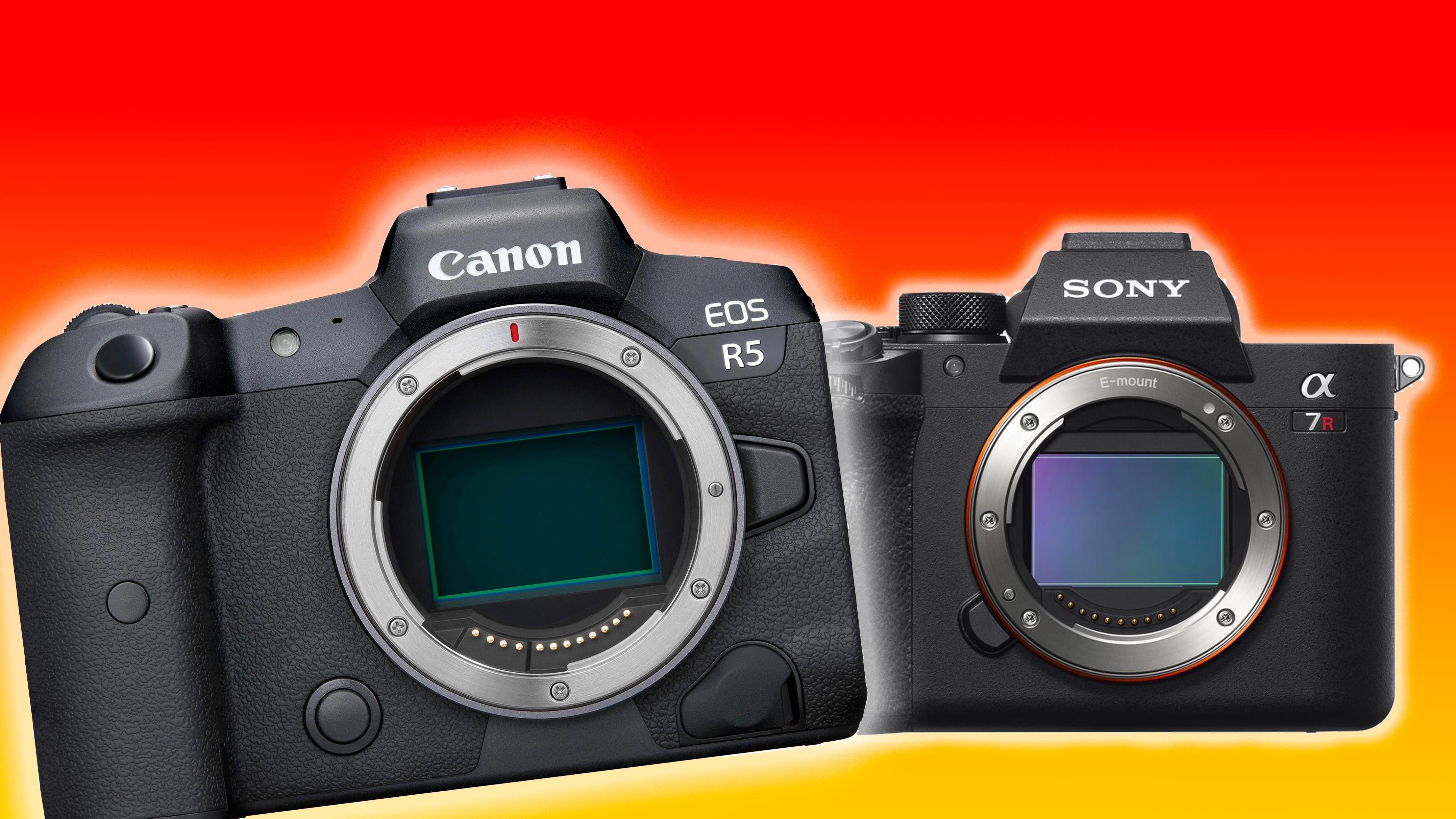
Around the world temperatures are currently soaring, and this latest heatwave is making sure that our cameras have a tough time. We've already written about how to avoid your phone overheating this summer, but what about when it comes to protecting your camera?
It's not always possible to avoid the sun altogether – given that you might need or want to shoot summer landscapes, portraits, holidays and travel, as well as commercial shoots. But how can you keep shooting in high heat while preventing your camera from overheating at the same time?
We thought we'd round up the best ways to keep your camera cool in the heat – read on for a few tips below. Some of them might seem daft, but they work!
1. Get the ice packs out
Ice isn't just for cocktails, and actually keeping a few ice packs to hand could help to cool down your photo gear in an emergency. Obviously, ice packs melt quickly and you don't want that condensation or water directly next to your camera, so we're not suggesting that you put them directly on your gear.
Instead, you could keep ice packs in another protective carrier bag and keep them in a close compartment in your bag.
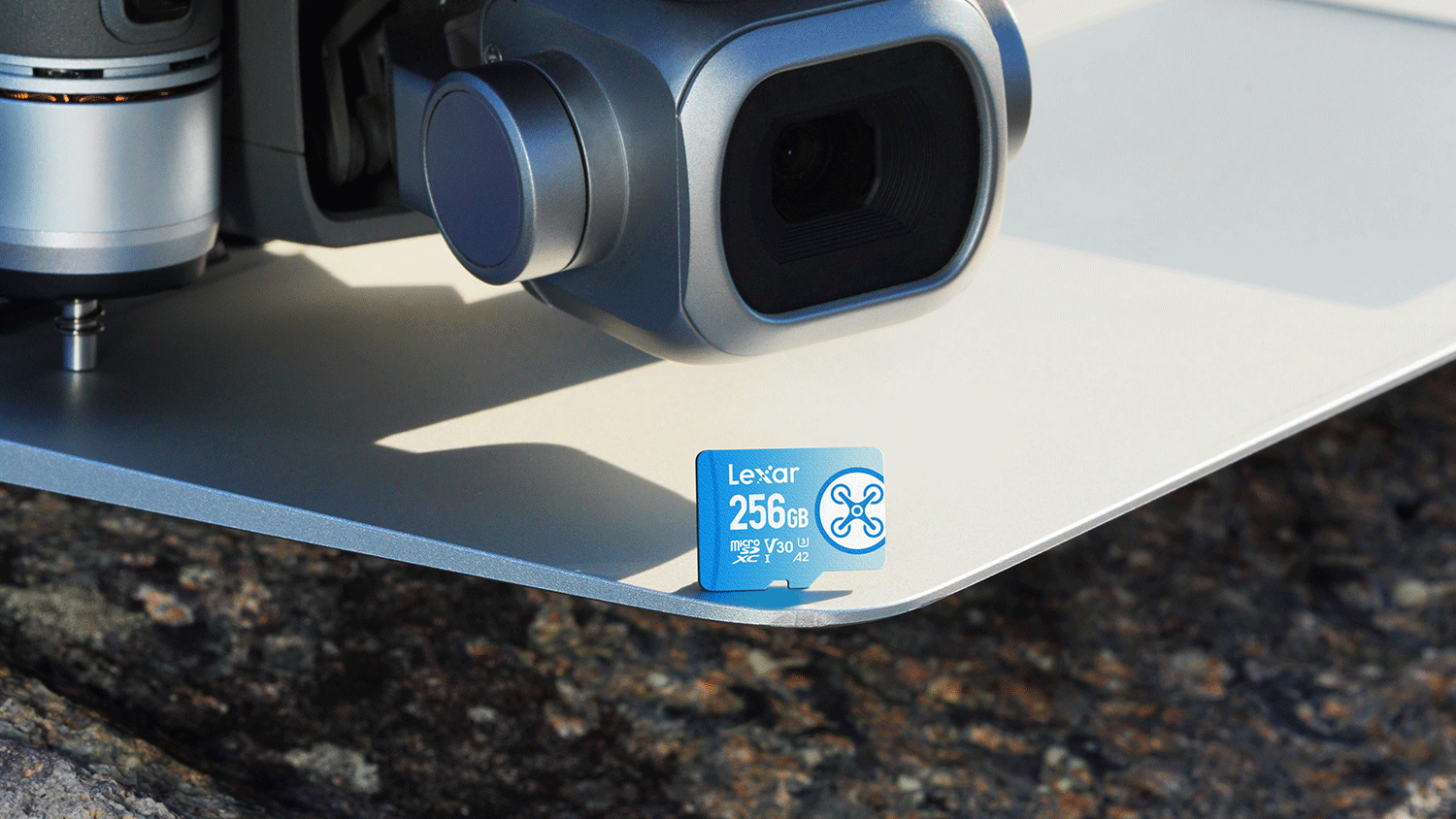
2. Upgrade your memory cards
It doesn't always have to be the temperature of the sun outside for your cameras to suffer from overheating issues. If you're using slow or old memory cameras, this can cause more internal heat mean, because when it's slower to write information to said cards, the camera in turn has to work harder to process the images.
As a general rule, the faster and newer your memory cards are the better. Reckon you're due an upgrade? Why not look at our guide to the best memory card for your camera and give yourself the best chance of avoiding internal heat issues.
Get the Digital Camera World Newsletter
The best camera deals, reviews, product advice, and unmissable photography news, direct to your inbox!
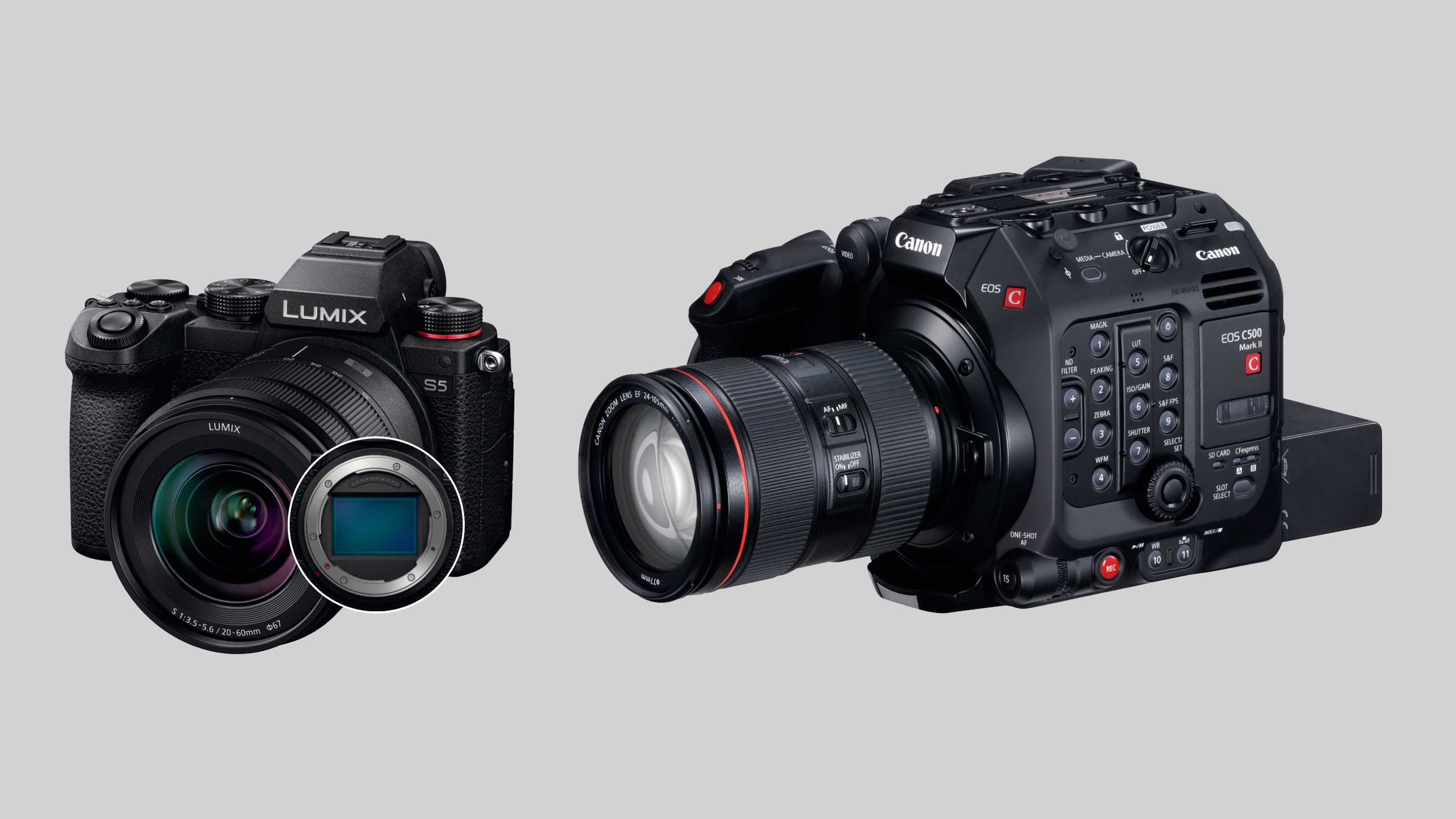
3. Switch to a backup camera
We're not all lucky enough to own a spare or second camera, but if photography or filmmaking is your job, chances are you've got at least two camera bodies. When you're experiencing extreme temperatures and you've tried all the other cooling approaches, why not give one camera a rest and switch to a backup?
Rotating out cameras frequently can be a good way to avoid them overheating – just be sure to keep the one that you're not using out of the sun!
4. Keep it wrapped in a towel
So it turns out that towels aren't just good for laying by the poolside or the beach. We'd recommend wrapping your camera in a large towel (preferable a light or white colored one) while shooting in bright sunshine to keep it out of the direct light.
And no we haven't gone mad – as it happens, you can also use the towel to cover your head at the same time. This protects you from the sun, and acts as a shield from the light so that you can see the viewfinder or LCD screen better, both of which can be hard to look at properly in very bright conditions.
Of course, you might look a bit odd doing this on location, but that's a small price to pay for protecting your camera! If your camera already has a fan designed to cool it down, wrapping it in a towel could make it worse (use your common sense)...
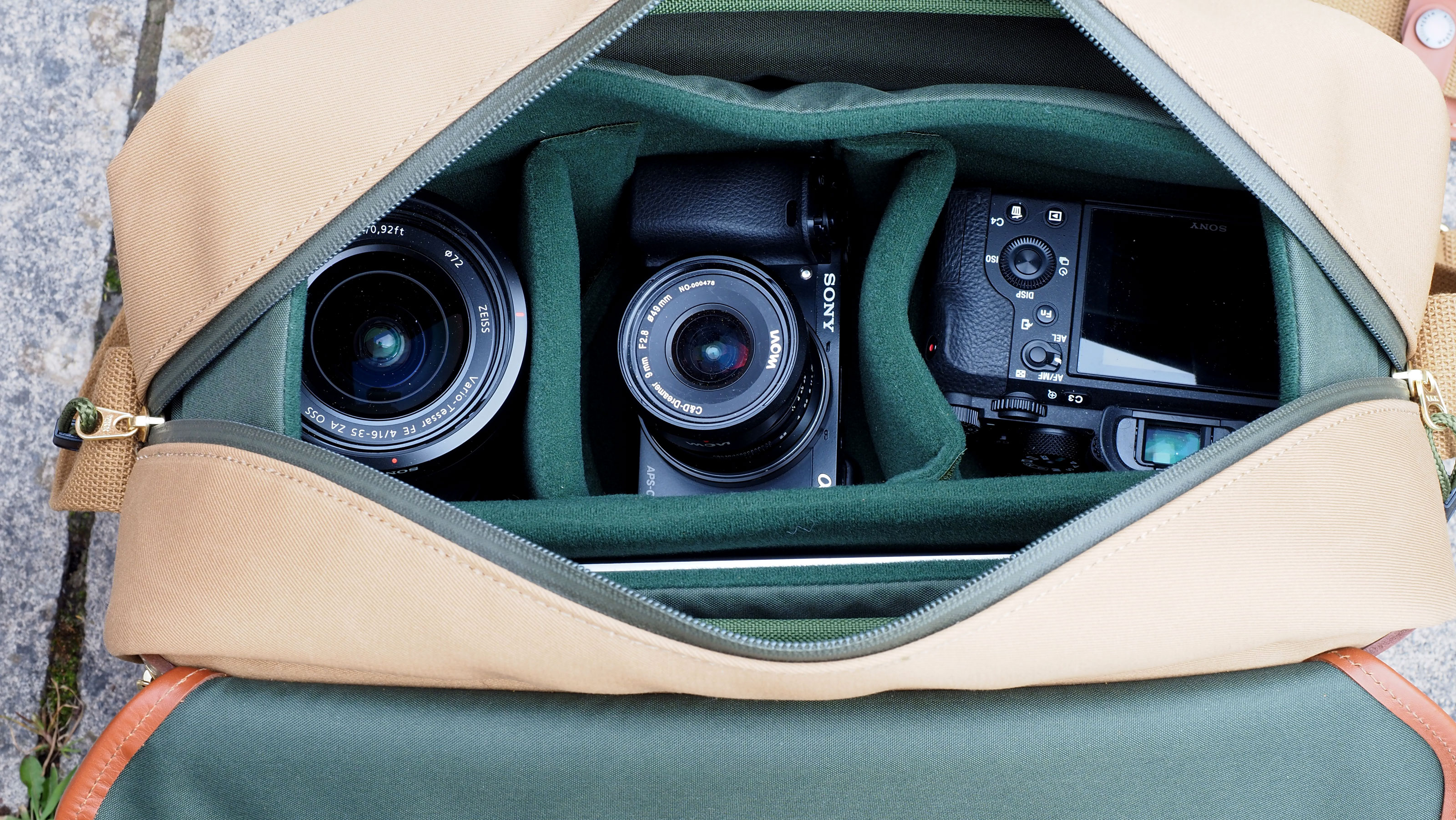
5. Keep it in the bag
Let's be honest, keeping your camera in a bag isn't a helpful bit of advice if you're looking for ways to continue shooting in the sun. However, when you've finished shooting – even for a few minutes – storing the camera back in a bag with the top closed to keep out the sun can go some way to cooling it down. One of the best messenger bags will ensure that you have quick and easy access when the camera is needed again.
Read more
The best professional cameras
The best camera for beginners
What are the best camera lenses to buy?
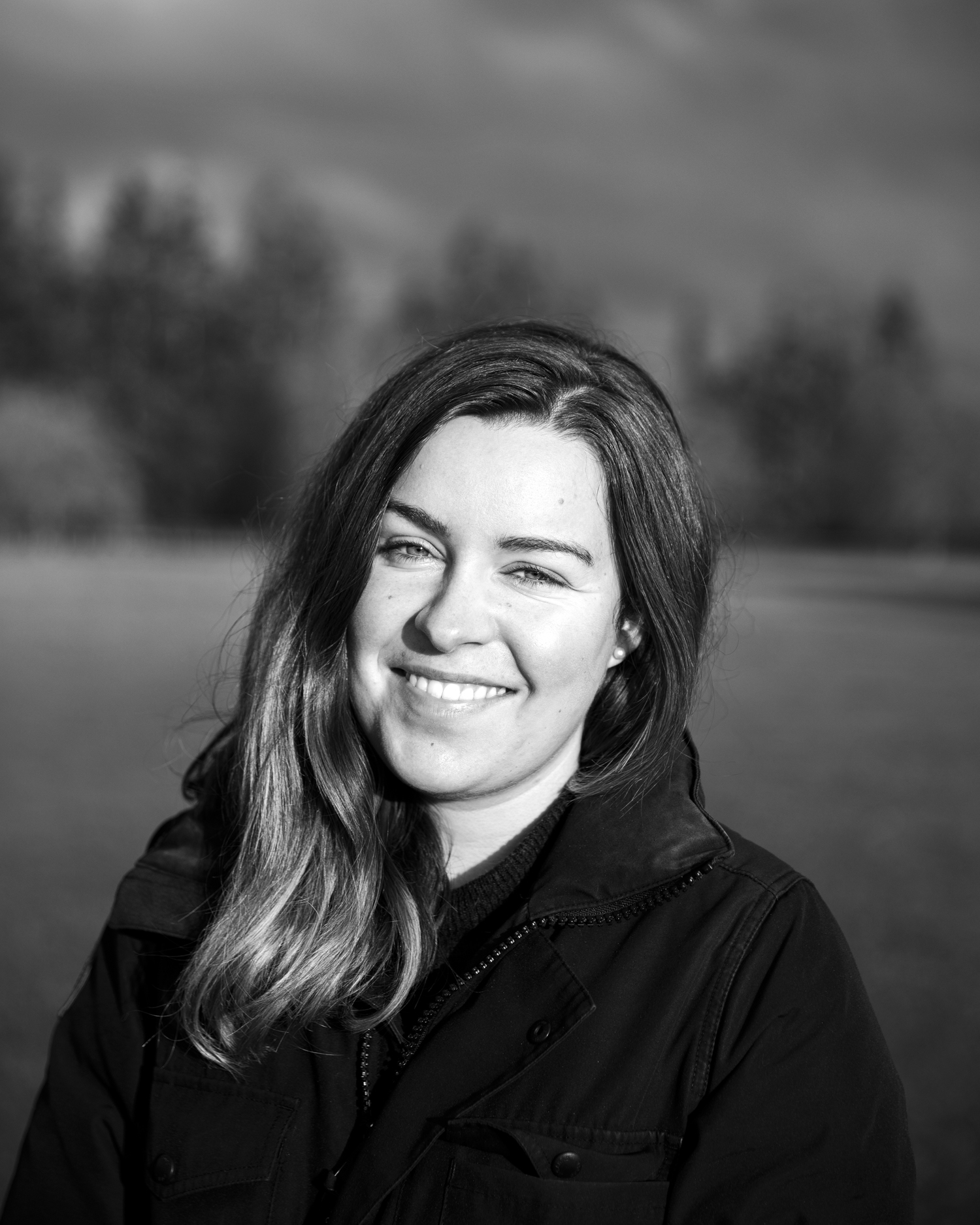
Lauren is a writer, reviewer, and photographer with ten years of experience in the camera industry. She's the former Managing Editor of Digital Camera World, and previously served as Editor of Digital Photographer magazine, Technique editor for PhotoPlus: The Canon Magazine, and Deputy Editor of our sister publication, Digital Camera Magazine. An experienced journalist and freelance photographer, Lauren also has bylines at Tech Radar, Space.com, Canon Europe, PCGamesN, T3, Stuff, and British Airways' in-flight magazine. When she's not testing gear for DCW, she's probably in the kitchen testing yet another new curry recipe or walking in the Cotswolds with her Flat-coated Retriever.
